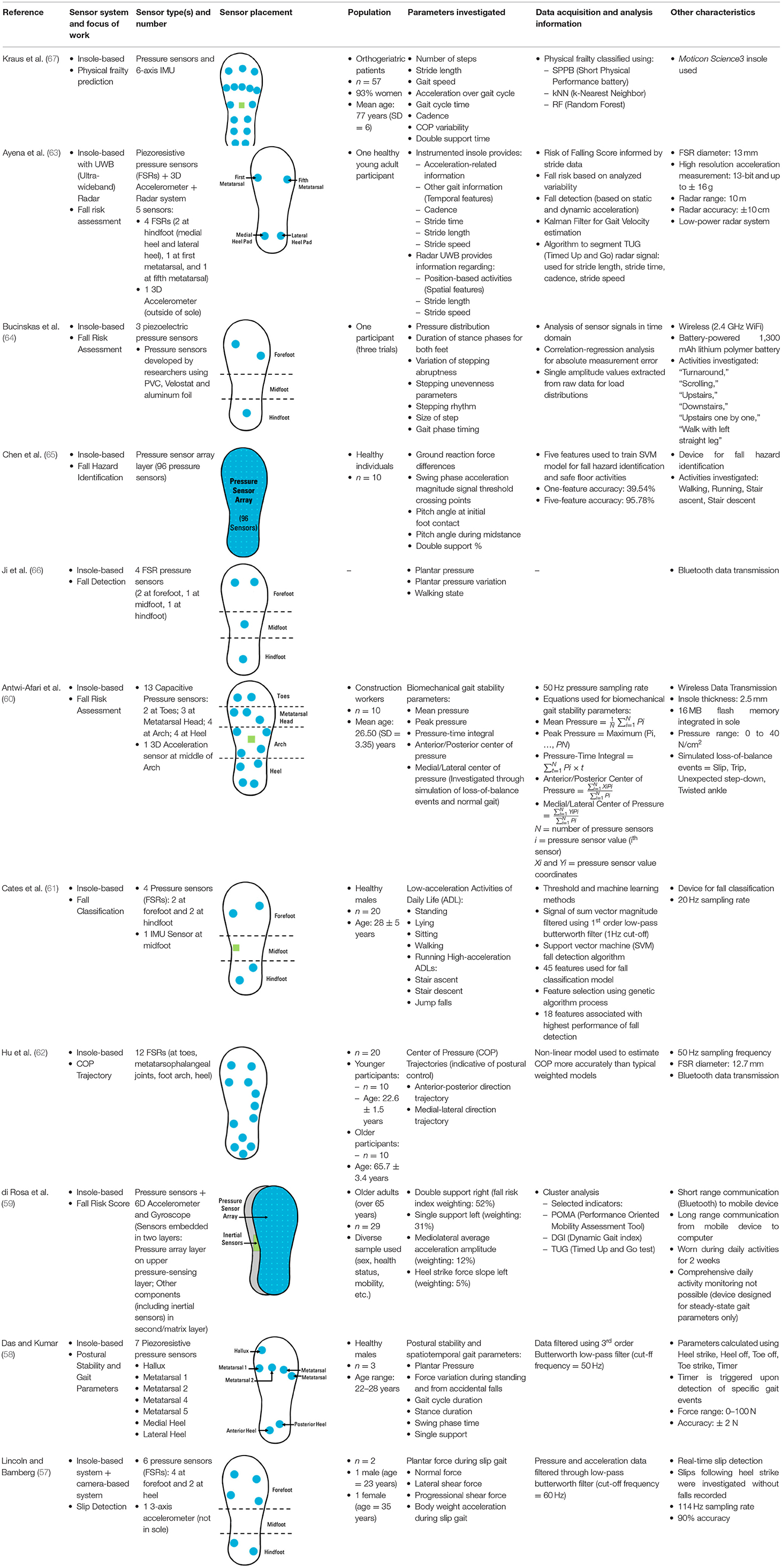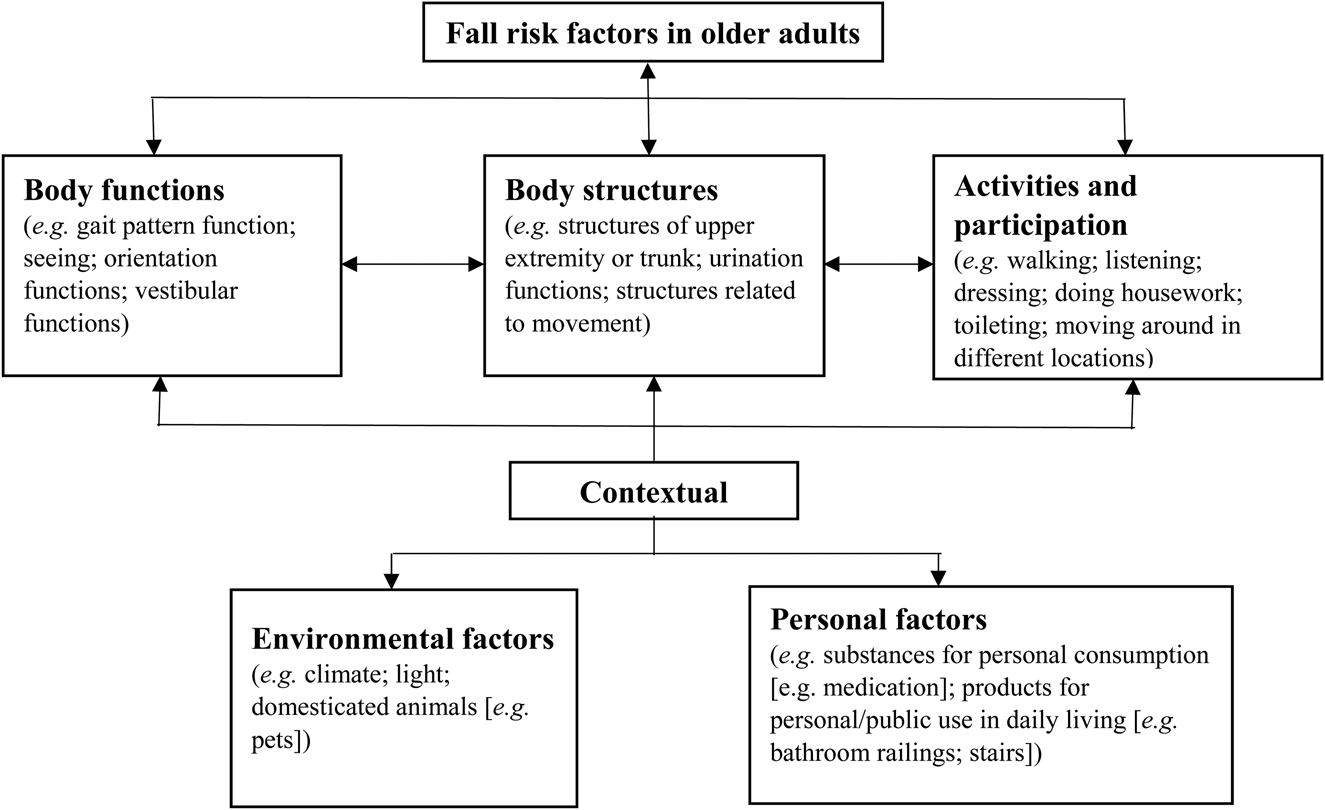Dementia Fall Risk - An Overview
Table of ContentsDementia Fall Risk - The FactsDementia Fall Risk for BeginnersDementia Fall Risk Can Be Fun For Anyone6 Simple Techniques For Dementia Fall RiskSome Ideas on Dementia Fall Risk You Should Know
Make certain that there is an assigned area in your clinical charting system where staff can document/reference ratings and record relevant notes connected to drop prevention. The Johns Hopkins Loss Risk Assessment Device is one of numerous devices your team can utilize to aid avoid adverse clinical events.Individual falls in medical facilities are usual and incapacitating adverse events that linger in spite of years of effort to decrease them. Improving communication throughout the evaluating registered nurse, care team, person, and client's most entailed loved ones might strengthen loss prevention initiatives. A team at Brigham and Women's Hospital in Boston, Massachusetts, looked for to create a standardized autumn prevention program that centered around boosted interaction and person and family involvement.

The development group emphasized that successful execution depends on individual and team buy-in, integration of the program into existing operations, and fidelity to program processes. The group kept in mind that they are grappling with exactly how to ensure continuity in program application throughout periods of dilemma. Throughout the COVID-19 pandemic, as an example, an increase in inpatient falls was connected with constraints in patient interaction together with constraints on visitation.
The Definitive Guide to Dementia Fall Risk
These events are usually taken into consideration preventable. To apply the treatment, companies require the following: Access to Autumn suggestions resources Fall TIPS training and re-training for nursing and non-nursing team, consisting of new nurses Nursing workflows that allow for person and family involvement to perform the falls assessment, ensure usage of the avoidance plan, and conduct patient-level audits.
The results can be very damaging, commonly speeding up client decline and creating longer health center remains. One research estimated keeps raised an extra 12 in-patient days after a client fall. The Loss TIPS Program is based on engaging individuals and their family/loved ones across 3 primary processes: analysis, personalized preventative interventions, and bookkeeping to guarantee that people are involved in the three-step fall avoidance process.
The patient evaluation is based on the Morse Loss Scale, which is a confirmed fall threat evaluation device for in-patient health center settings. The range includes the 6 most typical factors individuals in healthcare facilities fall: the individual fall background, high-risk problems (including polypharmacy), use of IVs and other exterior gadgets, psychological condition, stride, and movement.
Each risk aspect relate to several actionable evidence-based interventions. The registered nurse creates a plan that includes the interventions and shows up to the treatment team, individual, and family members on a laminated poster or printed visual help. Nurses develop the strategy while consulting with the client and the individual's family.
Dementia Fall Risk - Truths
The poster works as a communication tool with other members of the patient's care team. Dementia Fall Risk. The audit element of the program consists of evaluating the client's understanding of their threat factors and prevention strategy at the system and health center degrees. Nurse champions conduct at the very least 5 private interviews a month with people and their family members to look for understanding of the fall avoidance strategy

An approximated 30% of these drops lead to injuries, which can range in severity. Unlike various other negative occasions that need a standardized professional action, loss avoidance depends extremely on the needs of the person. Consisting of the input of people that understand the client ideal permits greater customization. This strategy has proven to be extra efficient than fall avoidance programs that are based primarily on the manufacturing of a risk rating and/or are not adjustable.
Dementia Fall Risk - An Overview

Based upon bookkeeping results, one website had 86% conformity and two sites had more than 95% conformity. A cost-benefit analysis of the Autumn TIPS program in 8 health centers estimated that the program anonymous expense $0.88 per person to implement and led to financial savings of $8,500 per 1000 patient-days in direct expenses associated with the avoidance of 567 falls over three years and eight months.
According to the technology group, organizations interested in carrying out the program needs to perform a readiness assessment and falls prevention spaces evaluation. 8 In addition, companies should ensure the essential infrastructure and workflows for application and establish an application strategy. If one exists, the company's Autumn Avoidance Job Pressure must be entailed in preparation.
A Biased View of Dementia Fall Risk
To start, organizations ought to ensure conclusion of training components by nurses and nursing assistants - Dementia Fall Risk. Hospital team must evaluate, based on the demands of a healthcare facility, whether to utilize an electronic wellness document printout or paper variation of the autumn prevention strategy. check my source Executing teams need to recruit and train nurse champs and develop procedures for auditing and reporting on autumn information
Personnel need to be entailed in the process of redesigning the operations to engage people and household in the assessment and avoidance plan procedure. Systems must be in area to ensure that devices can comprehend why a loss happened and remediate the reason. Much more especially, nurses need to have channels to give ongoing comments to both staff and system management so they can adjust and enhance fall prevention operations and communicate systemic issues.